Traditionally, racing improves the breed, but Noel Macklin, founder of Invicta cars, had other ideas.
In the eyes of this wealthy, Eton-educated enthusiast, rallying was the best way to test and market the qualities of his impressive machines.
Key to their success was Donald Healey who, after giving up flying as too dangerous during the Great War, focused on European rallies for adventure.
Having done all he could with Triumph’s junior Super Seven, the determined Cornishman was looking for something more powerful.
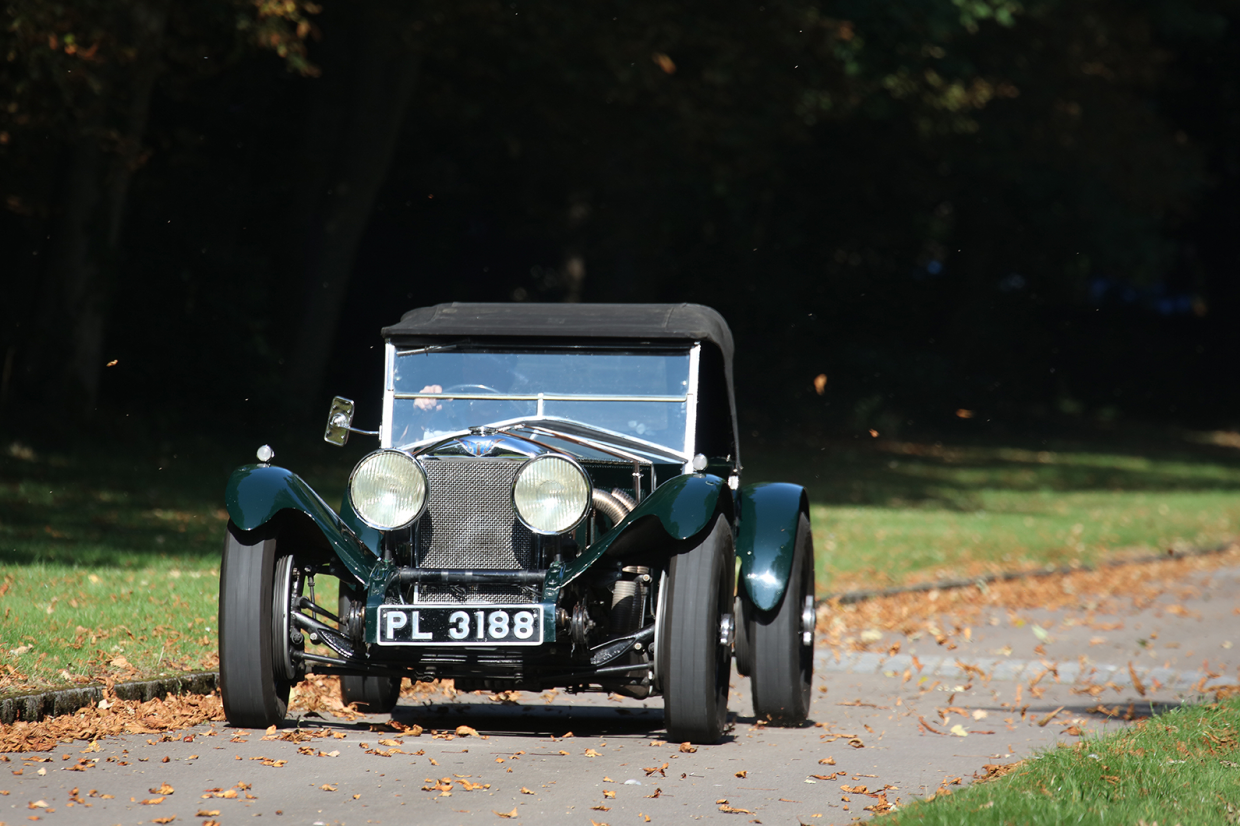
Thanks to an introduction from Humphrey Symonds of The Motor magazine, who’d been impressed by Healey’s rally results, Macklin enlisted this perfect competitor to promote his Invicta cars on the toughest routes of Europe.
The association began in July 1930, when Macklin lent Healey a 3-litre ‘High Chassis’ tourer for the Alford Alpenfahrt, the maiden Alpine Trial.
After wringing the life out of the nimble 747cc Super Seven over the previous season, Healey relished the chance to drive a car with gutsy torque.
With cycle wings and twin spares fitted, Healey and his navigator drove out to Vienna and enjoyed every moment of the Alpine event with its superb hillclimb courses that included the mighty Grossglockner.
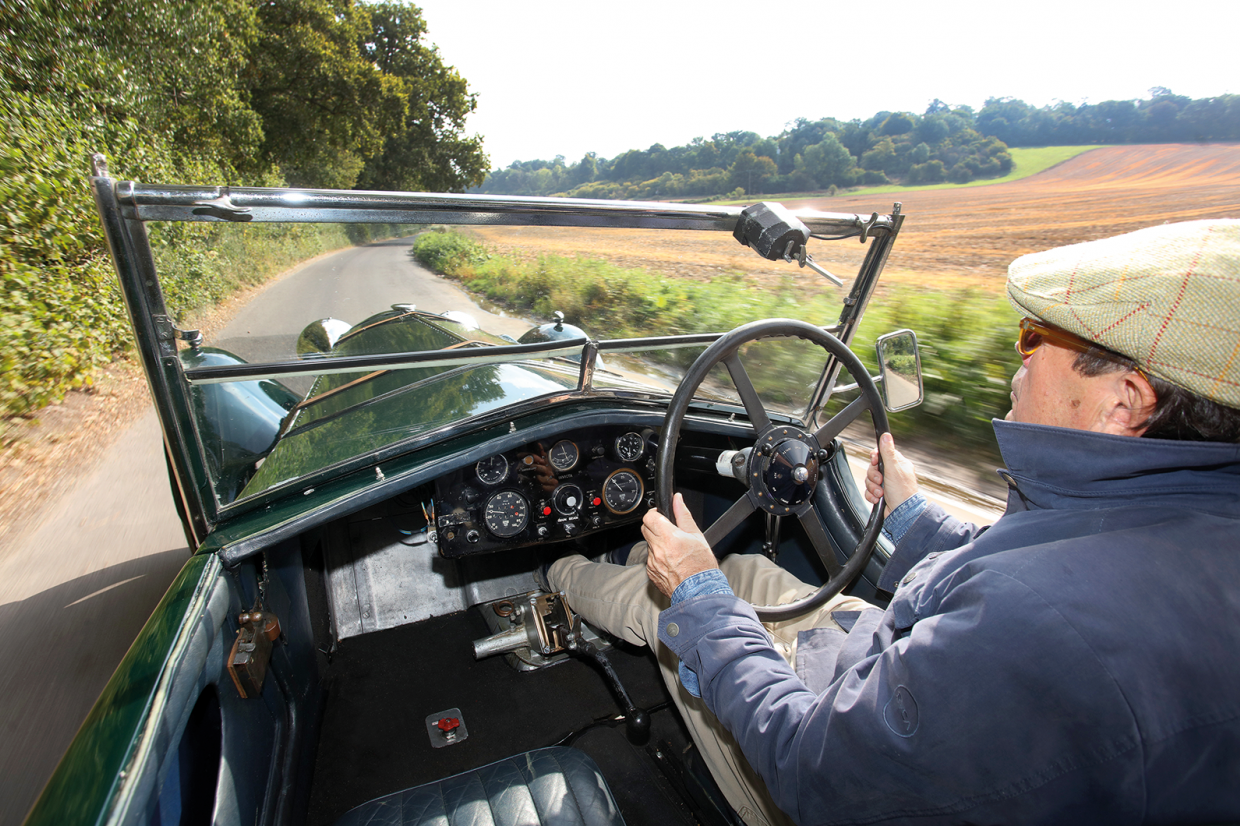
‘The Invicta was a marvellous car with light weight, impressive torque and acceleration. Far better than any of the opposition,’ enthused Healey, who beat local ace Hans Stuck in his Austro-Daimler.
Despite carrying two extra passengers including Professor Wolfbauer – ‘the largest man I’d ever seen in my life’ – Healey won the event outright and headed home to Perranporth with a magnificent trophy on the back seat, to be greeted by a euphoric civic reception.
Macklin and his team already had a spectacular new model, the famed S-type ‘Low Chassis’, nearing completion at the Cobham factory.
Encouraged by Healey ’s first victory, they tasked him with giving the new 4½-litre sports car its debut in the Rallye Monte-Carlo.
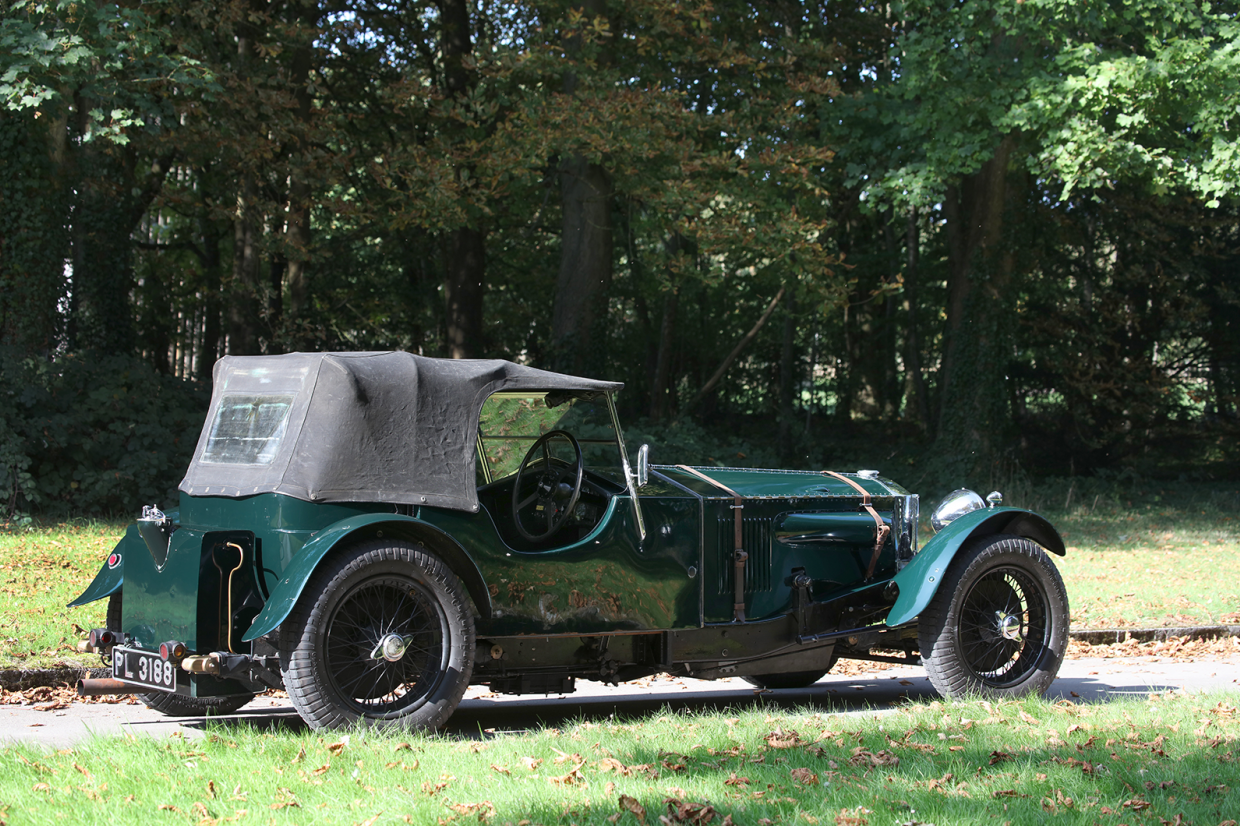
Chassis S48, registered PL 3188, was lent to Healey a few months before the January ’31 event.
To reduce weight, a special fabric-covered Weymann body was fitted, with open-joint construction to allow more flexibility over the rough roads and endless mountain hairpins.
Other modifications included amore comfortable passenger seat so main driver Healey could take a rest during the four-day and four-night enduro, while his passenger took the wheel for less challenging roads.
Concerned about the ground clearance of the stylish underslung design, Healey fitted larger wheels and higher cycle wings to give extra height over snow-covered and deeply rutted roads.
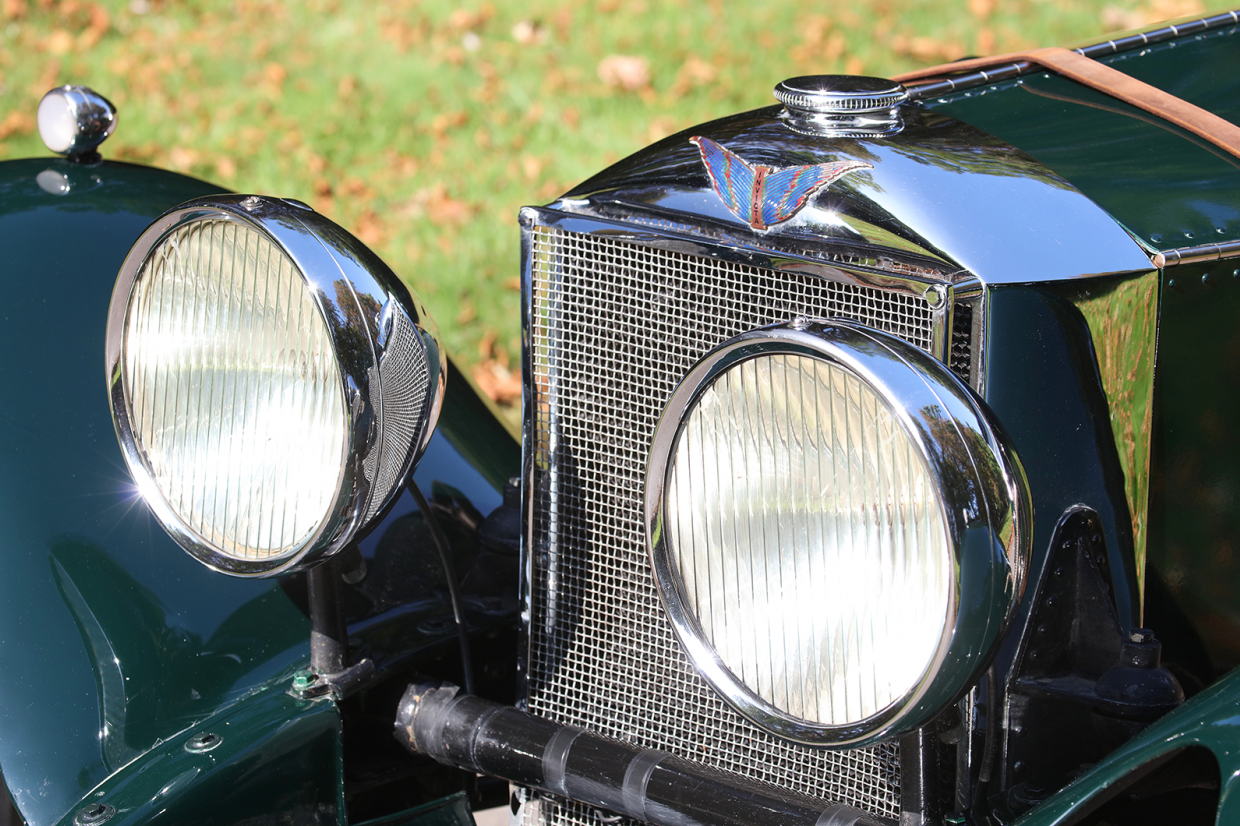
During testing around Cornwall, and driving back and forth between Perranporth and the Cobham factory, Healey was hugely impressed by the new S-type’s performance, in particular the low-speed torque of the Meadows straight-six engine.
The handling, however, gave him cause for some concern.
‘It had too much weight at the front unless it was balanced by a full fuel tank at the back,’ recalled Healey in his autobiography.
‘The transition from under- to over-steer was frightening, making the handling, even on a perfectly-conditioned road surface, more like driving on ice.’ Healey also found the ‘truck gearbox’ hard work.
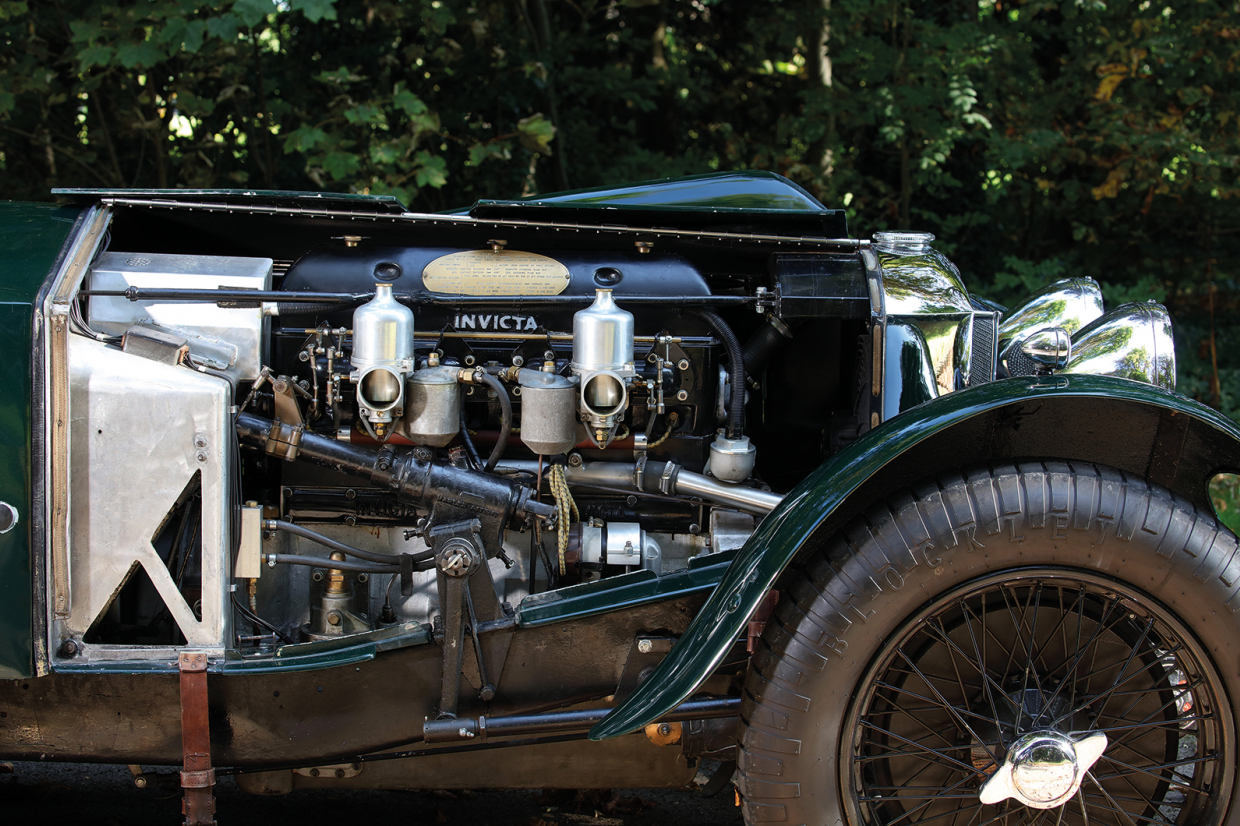
In preparation for the final driving test, held on the promenade in Monte-Carlo, Healey set out a dummy wiggle-woggle course on adeserted Cornish road, following the diagram shown in the regulations.
Time after time he gunned the Invicta through the series of figure-of-eights, drifting around the pylons and charging in and out of the garage box until he could virtually do the test blindfolded.
For his crew, Healey selected journalist Symonds and Lewis Pearce. With the option of starts all over Europe, the team picked Norway – which required a significant winter drive to Stavanger even before the rally began.
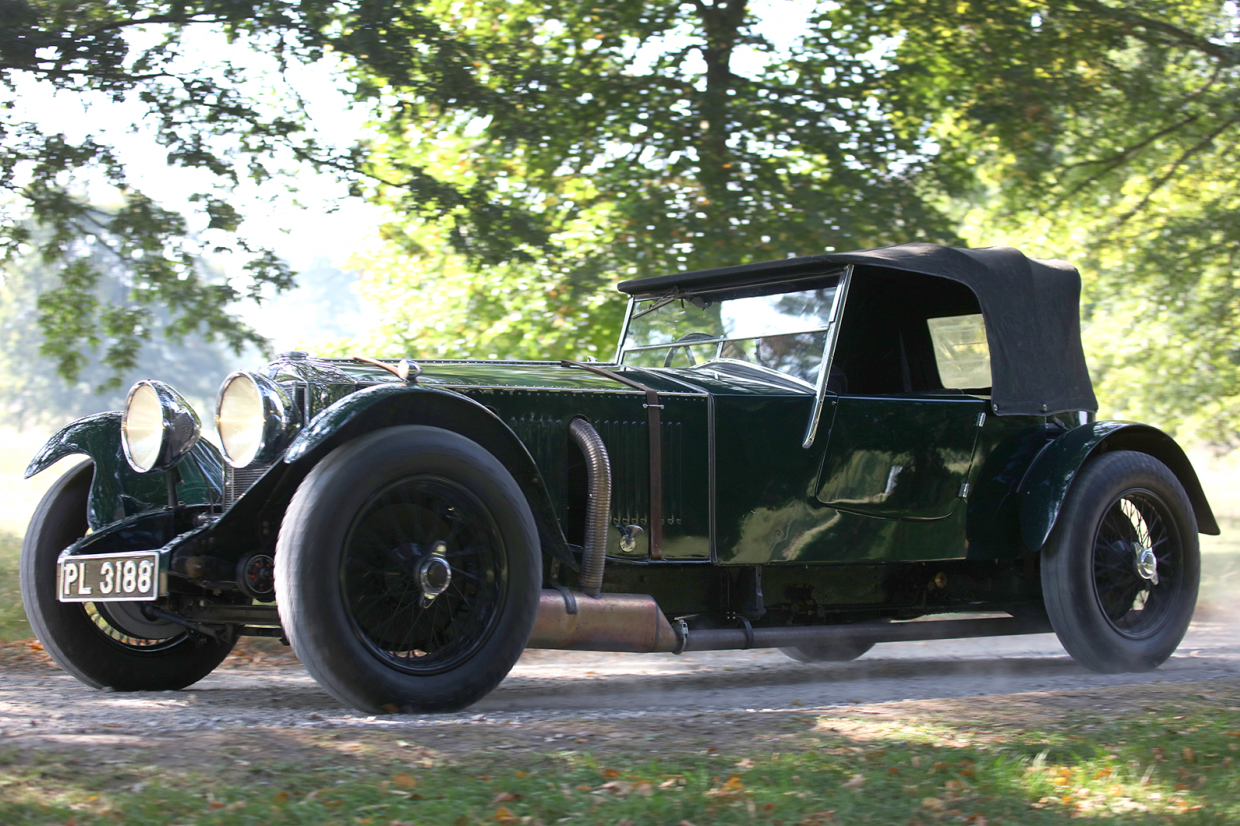
The event boasted 147 entrants in diverse machines, ranging from 600cc DKW to 8-litre Rolls-Royce Phantom II, and attracted several Grand Prix drivers including Jean-Pierre Wimille in a sporty Lorraine Coupé.
The 1931 rally faced the most severe Monte weather, with 42 teams out before they’d even begun after failing to reach their chosen start points.
The Invicta was well prepared, with chains for the tall triple-stud tyres, and the crew fitted-out with one-piece high-altitude flying suits.
A short break upon arrival inSweden allowed the team to practice ice driving before heading south.
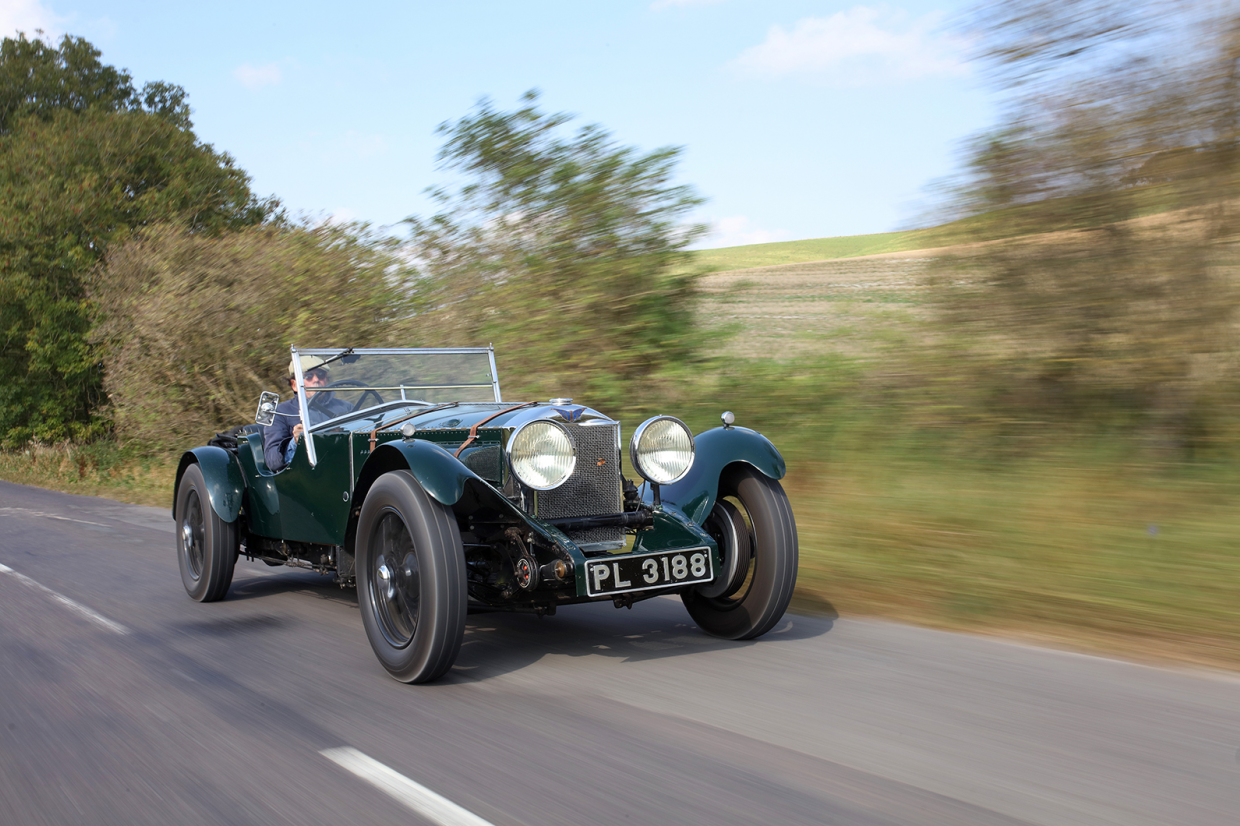
For the rally’s first 1000 miles, Healey stayed at the wheel as he faced heavy snow and treacherous ice, but when the roads straightened out he handed over to a teammate so he could take a rest.
Healey was abruptly awoken when the car slid off the road into a ditch and clouted an enormous telegraph pole, which cracked down on impact.
Thankfully none of the very shaken team was hurt but, after dragging the Invicta out of the ditch, they discovered that the rear axle had moved by 3in on the left-hand side and locked up the rear brakes.
Already running behind schedule due to the tough conditions, and worried that the damage to the telegraph pole would result in more delays when discovered by the local authorities, the team made hasty repairs including sawing the rod-operated brakes to release the shoes and strapping the exhaust over the rear mudguard, to the discomfort of the rear passenger.
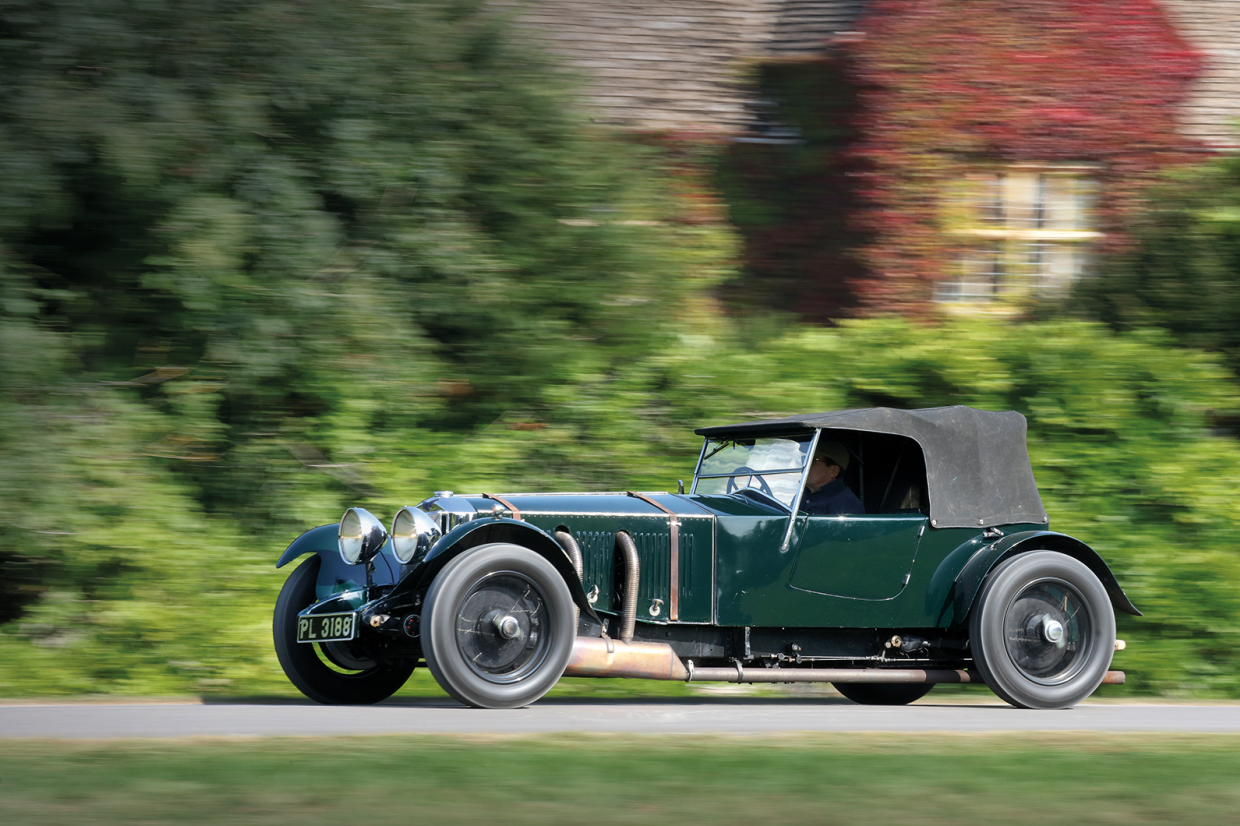
Healey then tested the Invicta and, to his relief, it proved to be drivable.
‘I had to compensate for the newly acquired rear-wheel steering by maintaining a degree of opposite-lock on the steering wheel,’ he later recalled.
Because Healey felt responsible to Macklin for the safety of the new car, and partly due to the challenging conditions, he then decided to drive most of the event.
Only on a few main roads during the daytime did he relinquish the wheel over the 2261-mile journey.
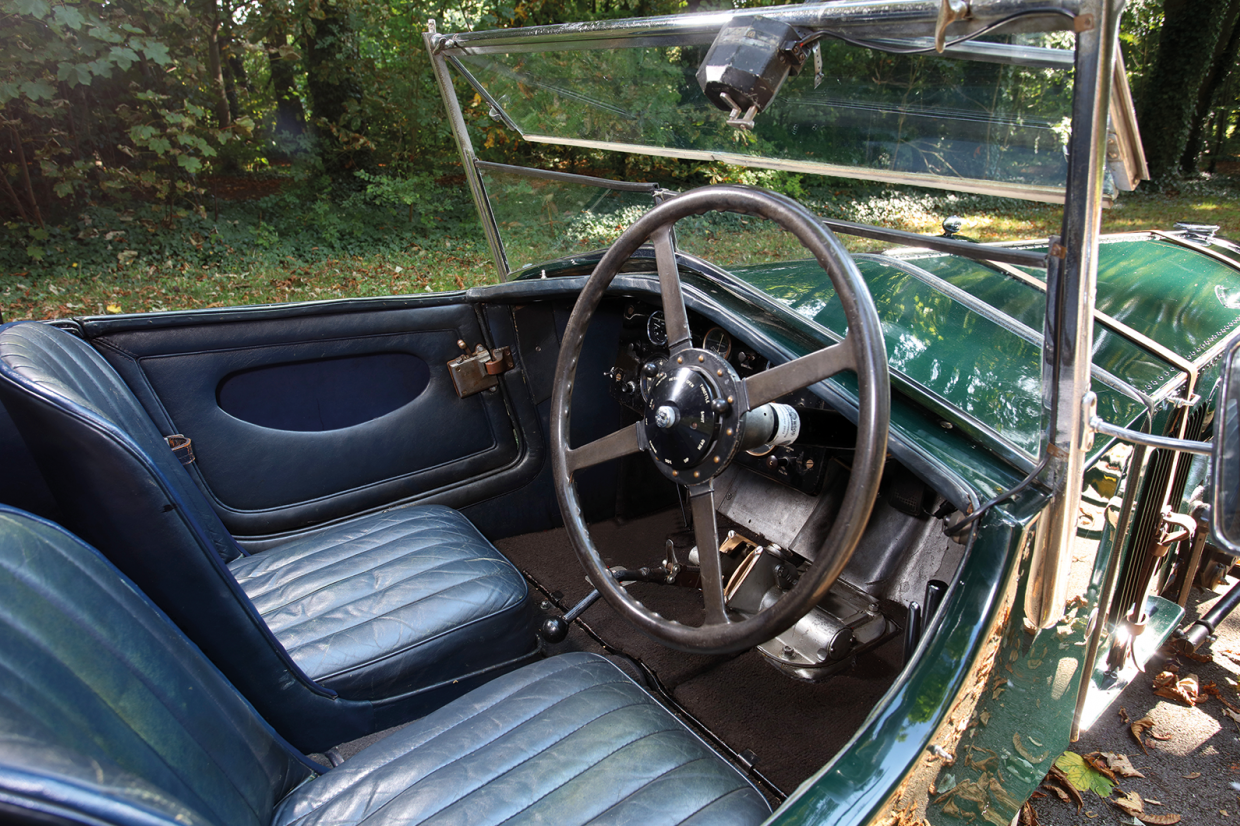
Despite these problems the S-type roared on, the tough, unsilenced Meadows ‘six’ sounding like a bomber as it stormed up the mountain roads.
‘We went all the way to Monte-Carlo in this condition,’ recalled Healey. ‘It was a lovely and memorable experience to climb over the Alps, drive down into the beautiful early morning sunshine of the Riviera, and along into Monte-Carlo for the finish.’
Amazingly, after the lengthy delay from the crash, the team still made the finish without penalties, and despite the fatigue Healey felt confident about the final, deciding wiggle-woggle test.
The rear drums were slackened off with a plan to brake only in a straight line.
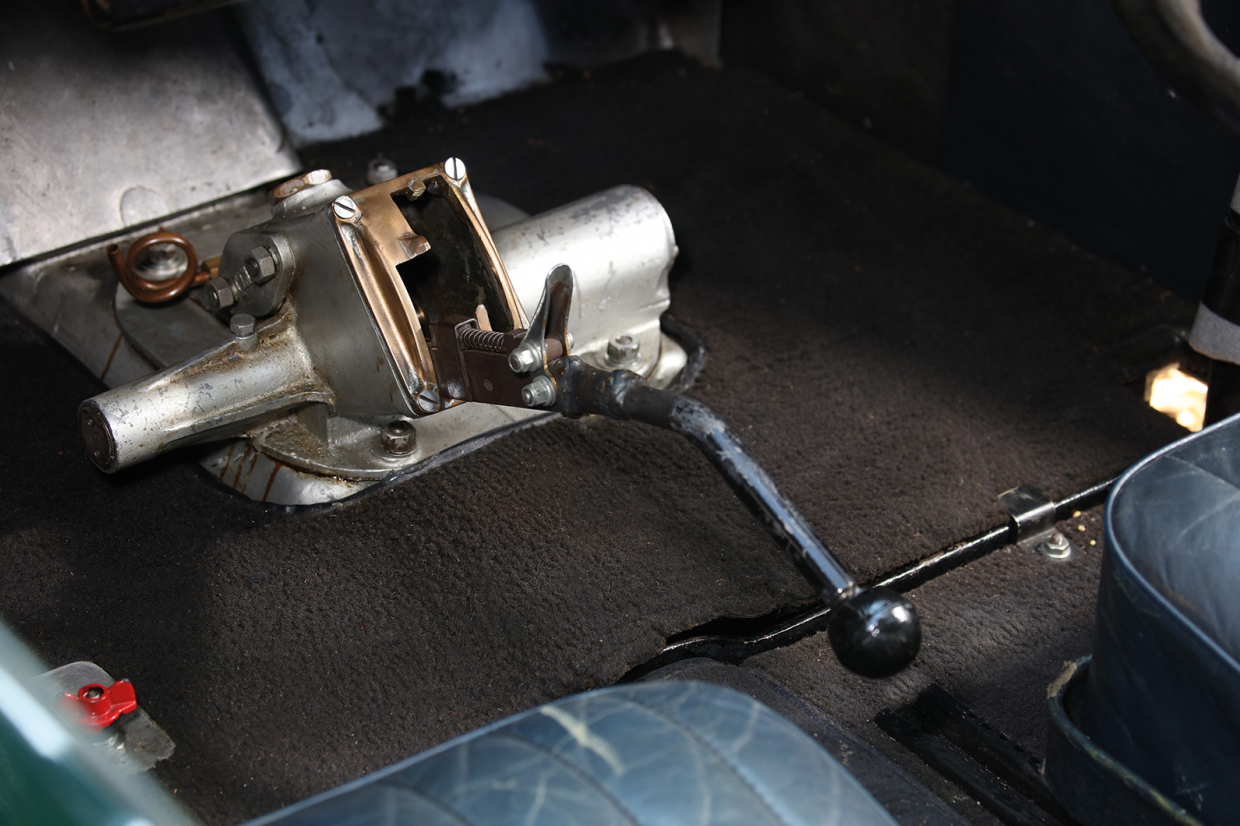
The Invicta roared away, with Pearce timing the challenge. The practice runs on the deserted road back in Cornwall paid off and Healey gave the test his all.
“You’ve done a good time,” reported Pearce in the finishers’ enclosure, but Healey was too tired and headed for bed.
After four nights in the car and still dosed-up on caffeine, he struggled to sleep before a loud banging at the door stirred him.
Pearce rushed into the room with the surprise news that they had won overall. To cap their feat, Healey also dominated the Mont des Mules hillclimb, the climax of rally week.
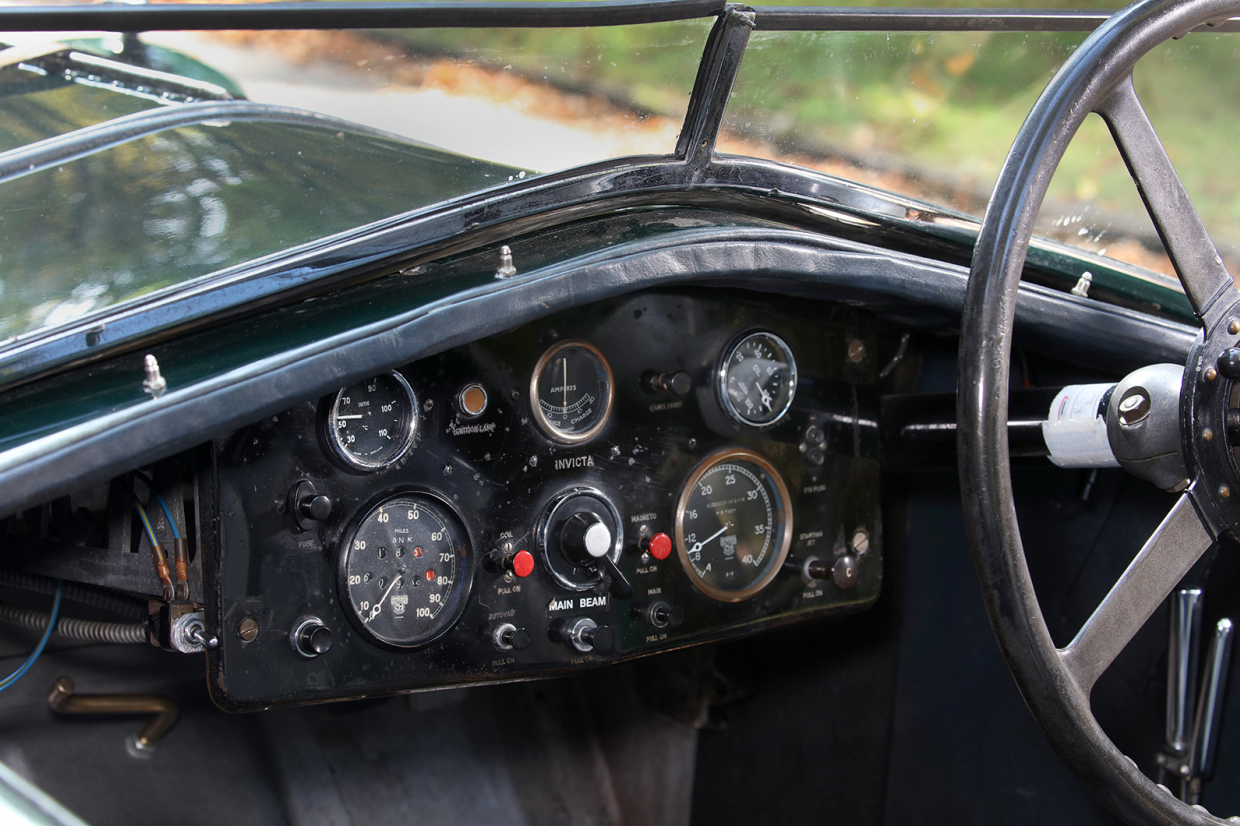
Among his remarkable achievements, Healey rated winning the Monte the fulfilment of one of his greatest ambitions and he was determined to celebrate.
He immediately phoned his wife with the news and demanded she come out to join the jubilant party in Monte-Carlo.
Unfortunately, Ivy didn’t have a passport, but a direct request to the Home Secretary led to a special document being rushed through because it was such a prestigious British success.
Ivy made it to the Riviera Principality in time to attend the prizegiving at the palace, hosted by the Prince.
Much to the chagrin of the French organisers, the tough event had been dominated by English enthusiasts with some 62 classified.
Joining Healey in the celebrations was Victor Leverett, who’d also started from Stavanger in his white Riley Monaco and won the 1100cc class.
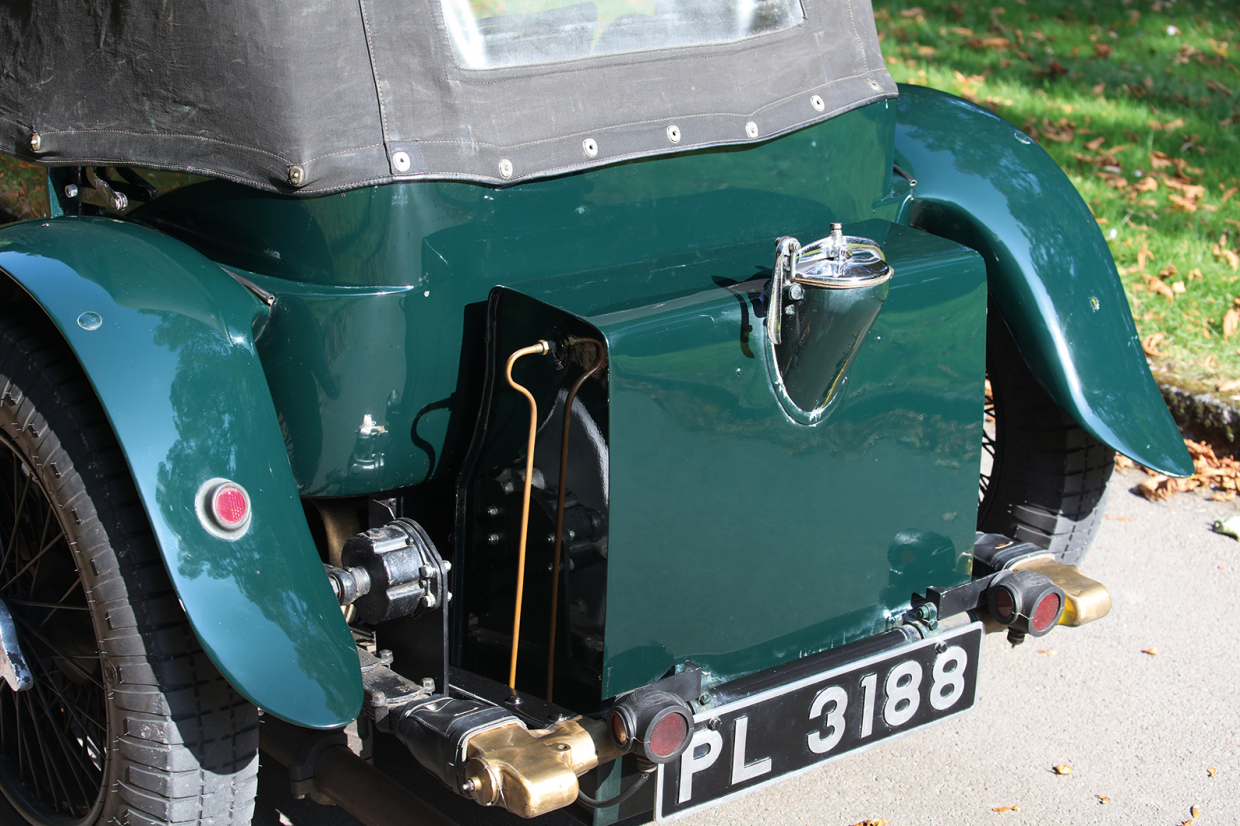
Despite his reservations about the handling of the S-type, Healey continued to campaign them across Europe in the toughest events with impressive results.
A second Invicta, chassis S73 and nicknamed ‘Rollerskate’ with uprated 100mph tuning, was entered in the 1931 Alpine Trial where he won a GlacierCup and set fastest time up the Galibier hillclimb.
Registered PL 9662, S73 was driven extensively by Healey including a second attempt at the Monte in 1932.
Umeå in Sweden was chosen for the starting point, where the weather was even more extreme. While the car was stored in an open shed, the temperature dropped so low it froze the axle and gearbox oil, requiring a local blacksmith to heat it up with a blowtorch.
The Invicta had a trouble-free run to second behind the Hotchkiss of Maurice Vasselle, but still won the Mont des Mules.
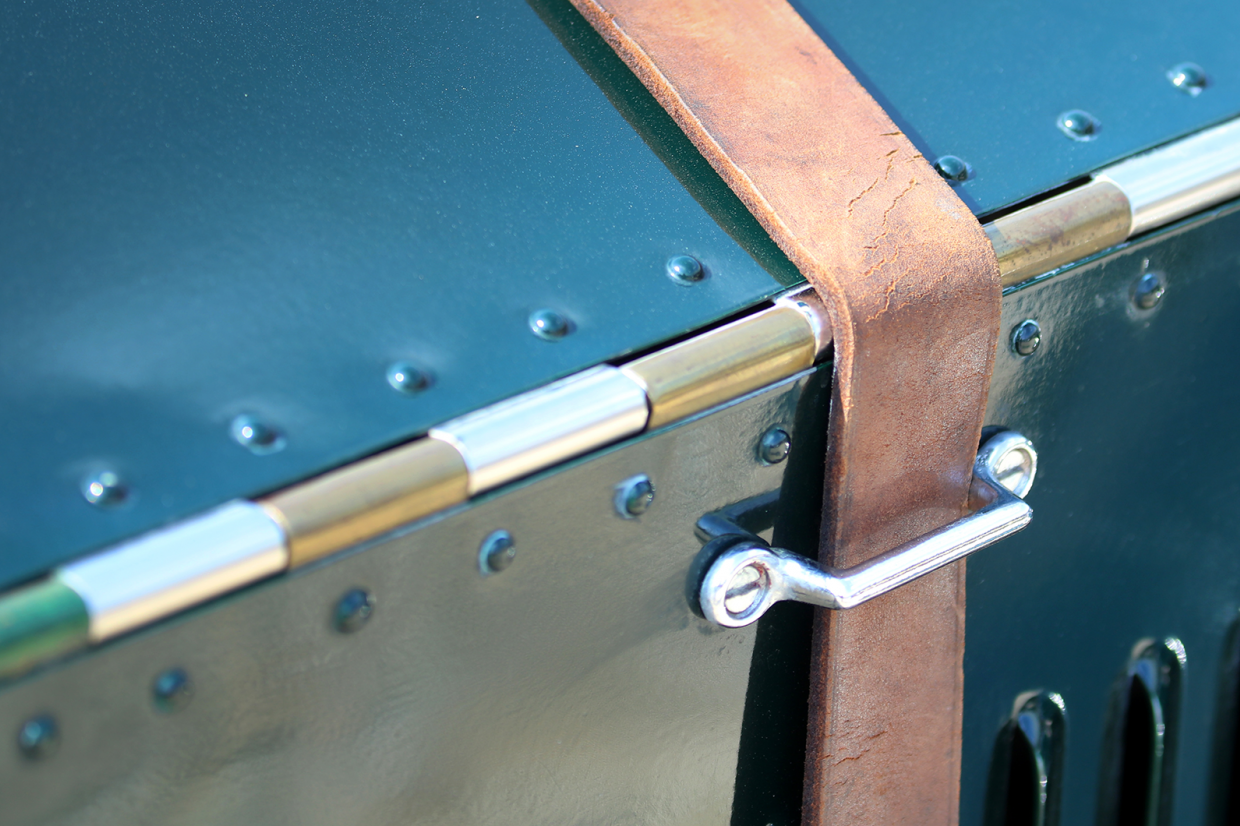
Healey was in his element powering the S-type up long mountain routes, and on the ’32 Alpine Trial he set a new 23 mins 44 secs record up the Stelvio Pass.
Holding on for dear life was Healey’s new navigator, a young journalist sent from Reuters called Ian Fleming.
The two bonded on the event and became good friends, and after WW2 when Healey was promoting his own marque in America they would often meet up on various transatlantic liners.
No doubt the experience on the Alpine Trial later inspired James Bond ’s car chases.
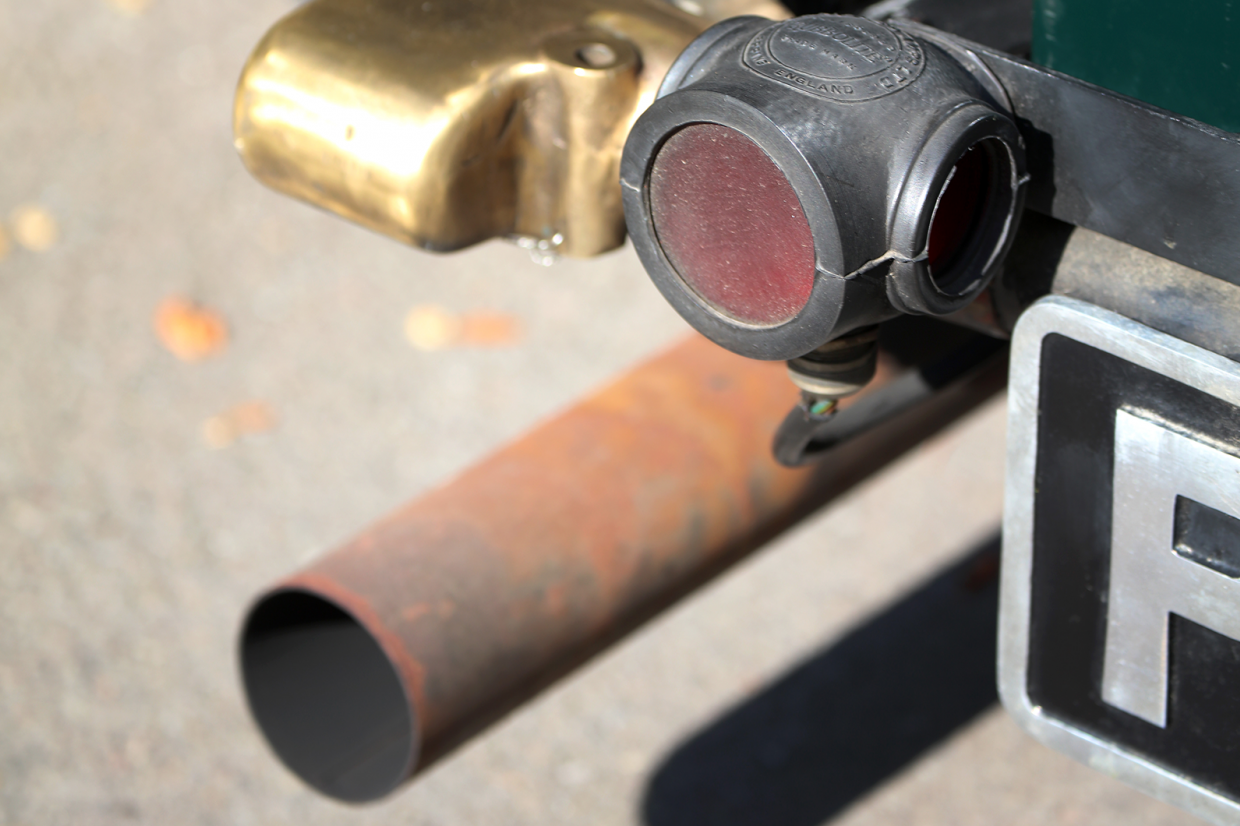
Healey’s final Invicta sortie on the Monte was again in ‘Rollerskate’ in 1933, this time starting from Tallinn in Estonia.
The event was a failure, with Healey forced to retire in Poland after avoiding a horse-drawn sleigh and ending up in a ditch where snow concealed a hefty kilometre stone.
The heavy impact smashed the front, including the radiator.
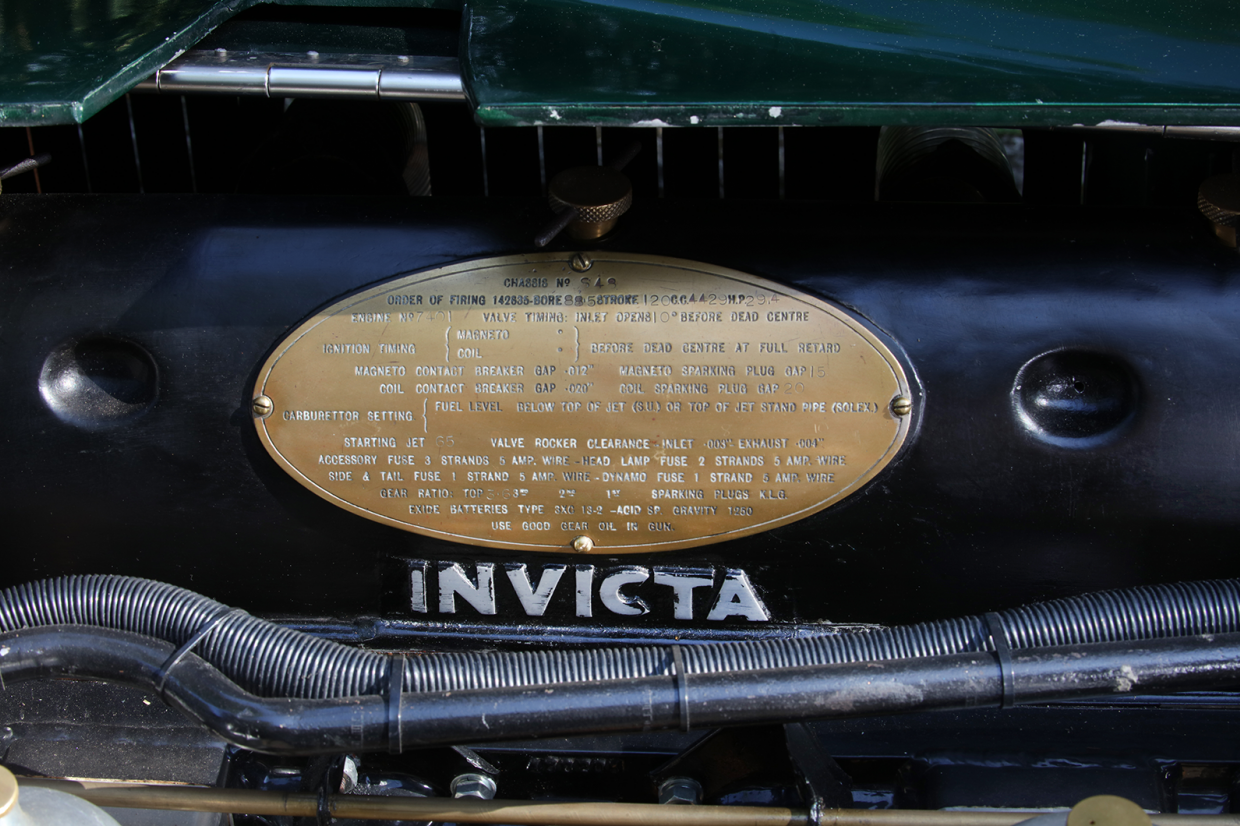
The Great Depression hit Invicta hard, and the exclusive S-type proved a slow seller – not helped by the bad publicity of ‘Sammy’ Davis’ alarming crash at the 1931 Brooklands Easter Meeting.
Macklin had one last try with a more affordable model using a 1498cc Blackburne engine, which Healey drove on the Belfast Rally.
Even with a blower it was underpowered and uncompetitive, so in early 1933 Healey joined Riley.
Healey remained good friends with Macklin, however, and always fondly remembered the rakish S-type and his rally success. The formula of seductive looks, tough design and powerful straight-six engine would later return in his own sports cars, which also proved to be mighty rally weapons in the Alps, but never won the Monte.
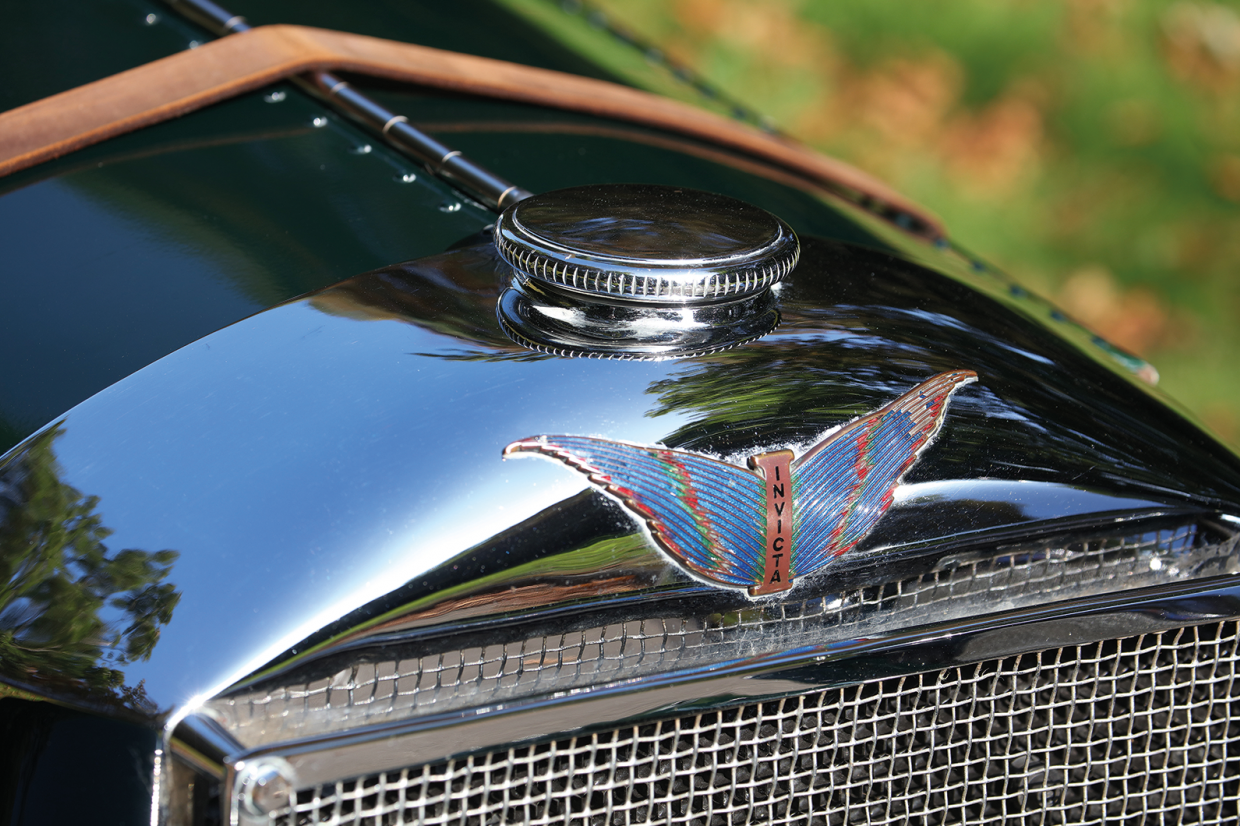
The rugged quality of the S-type is confirmed by the survival rate.
Of the 75 built – 64 at the factory and further 11 at Invicta’s Chelsea service depot – an amazing 68 survive, including both of Healey’s Monte-Carlo entries.
The 1931 winner was loaned to Motor Sport after the event to prove that it was running to production specification, and featured in the March 1931 issue.
The road tester was hugely impressed by the ‘frolicsome’ S-type, which combined ‘the handiness and pep so desired by a sporting motorist with toughness and reliability’.
The experience was one of those ‘lucky days’, and the journalist couldn’t resist putting various drivers in their place ‘who thought they were getting off the mark rather well’.
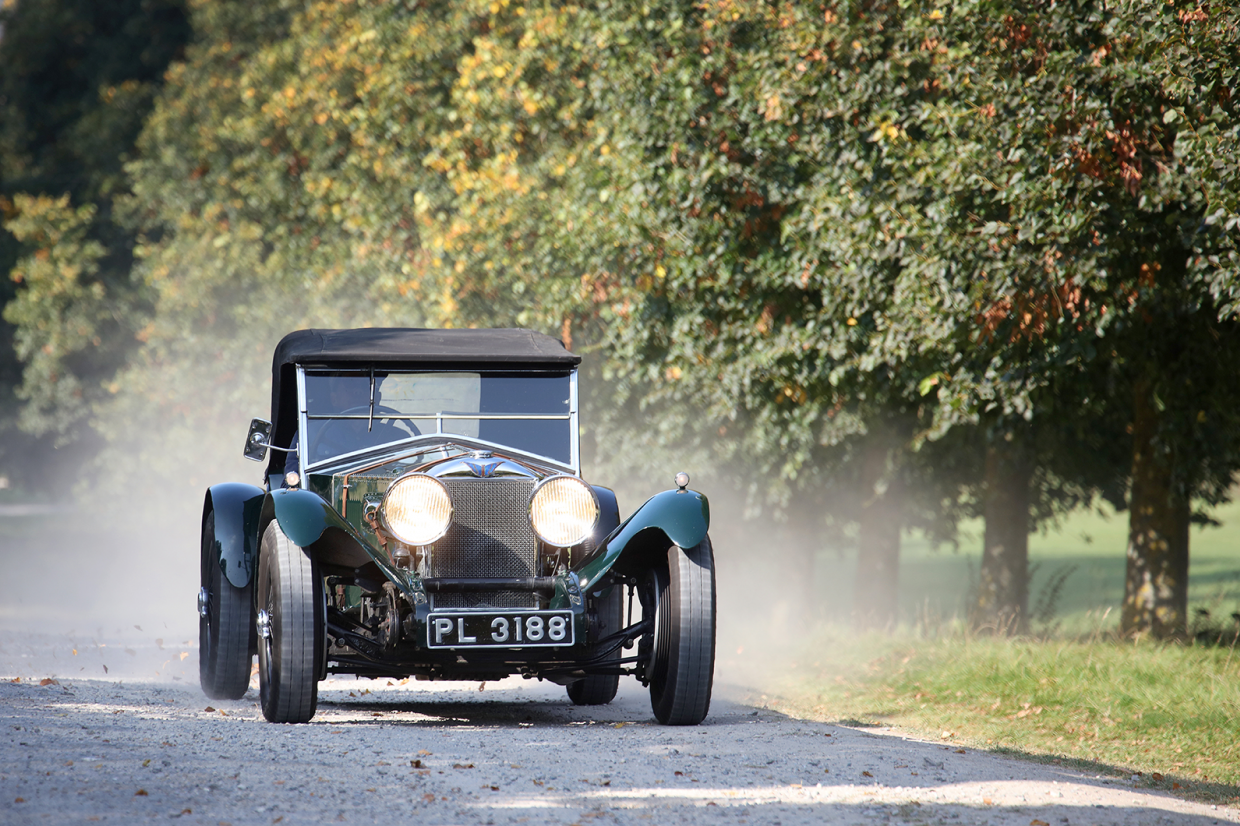
Within a few miles, the tester was feeling confident enough to ‘chuck it about without difficulty’ and found the Marles steering amazingly light.
Despite the car’s tough Monte usage, the tatty S-type’s pace was stunning: ‘By merely stepping on the loud pedal the car steams off the mark without a murmur and in a few seconds is cruising at 60mph with practically no throttle opening.
‘It’s the smoothest and most flexible six-cylinder engine we’re ever known fitted to a sports car.
‘The dual quality of silent speed and flexibility in addition to crashing acceleration when needed makes this the sort of car that simply must be driven, even if there is nowhere to go.’
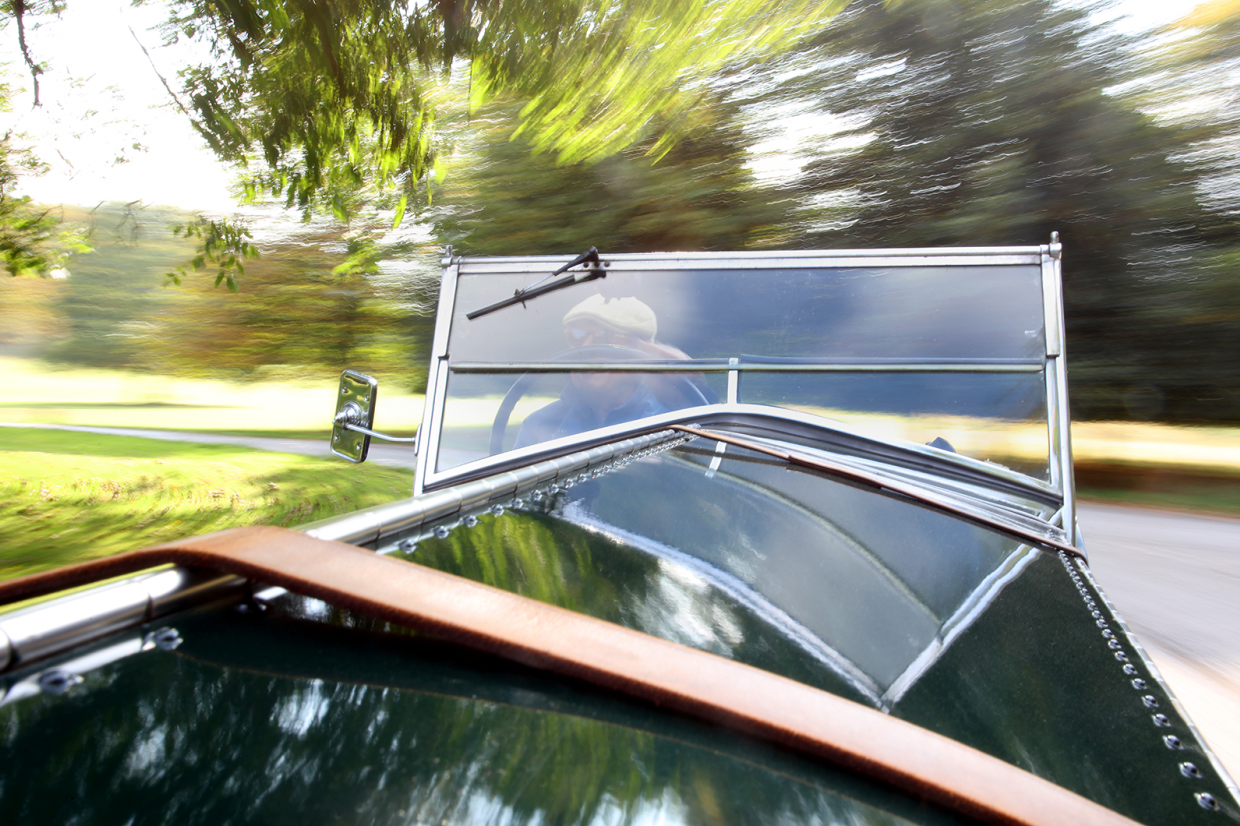
It’s easy to understand the author’s enthusiasm 90 years ago, roaring around Surrey suburbia to the Old Portsmouth Road where 90mph was exceeded, the Invicta ‘perfectly steady and held on course with absolute accuracy’.
Just imagine motoring along on a February morning in your little Singer Junior when the Monte-Carlo winning Invicta roars past.
Such performance was rare in a road car at the dawn of the ’30s, as exponents such as Healey and later Raymond Mays in S35 confirmed in competition.
With a price-tag of £750 for the chassis only, it was an exclusive machine.

After its victory in Monaco, S48 was smartened up with an all-metal Carbodies-style rear, new wings and Healey’s distinctive cooling vents on the scuttle removed.
The famous car’s identity was later partially masked by a new registration, GUR 624, before it ended up in Australia.
The S-type eventually returned to England thanks to Invicta specialist Derek Green of Cedar Classic Cars, and in the hands of Alain de Cadenet and Mark Knopfler has been raced enthusiastically including the 2004 Le Mans Classic and the Goodwood Revival.
It was also enjoyed on long trips across Europe – de Cadenet even took it down to Cornwall for a family holiday. To preserve its original Meadows engine, a new unit has been fitted.
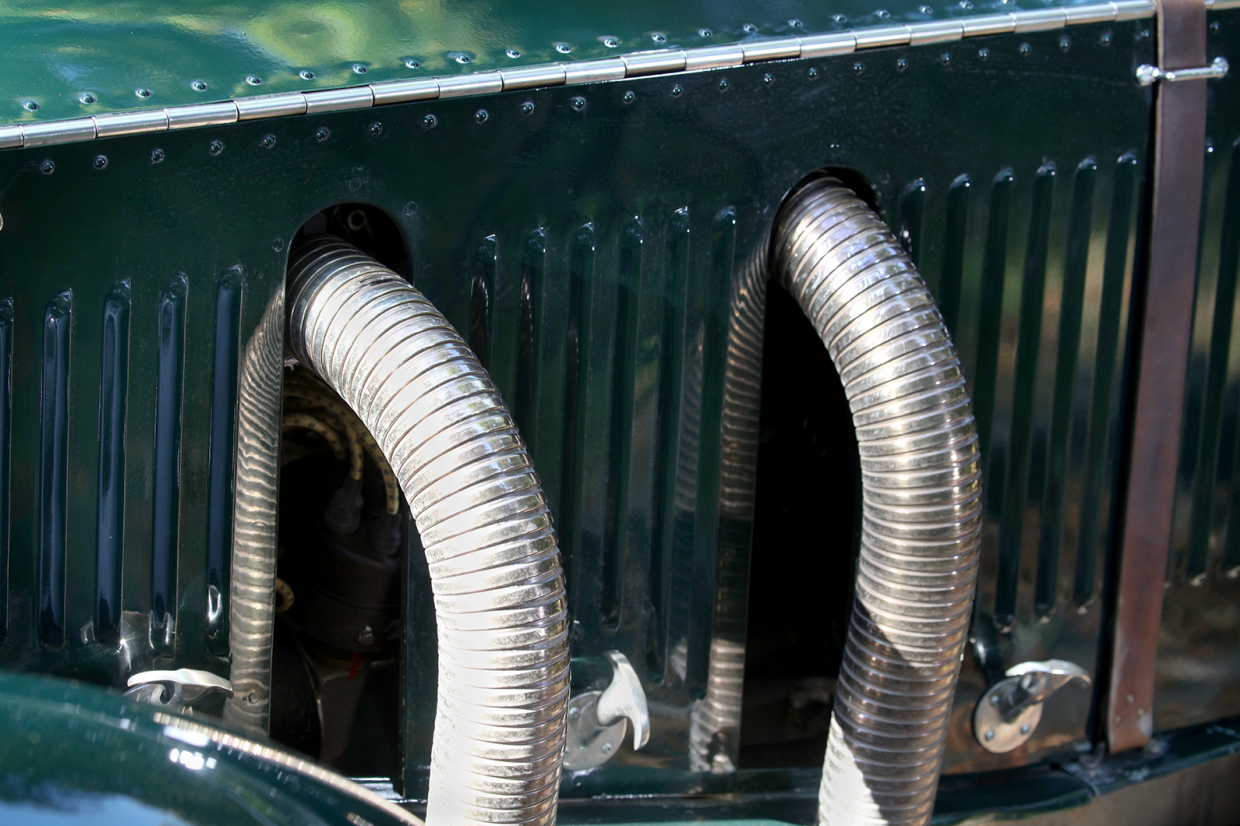
In a perfect world I’d love to have driven the Monte winner up the Mont des Mules, where Healey set the pace in 1931, but the scenic roads lacing the Wessex Downs where the car is now based with Will Stone is an evocative place to explore its dramatic vintage-style charms in late summer.
Today, S48 in detail doesn’t look much like the rally challenger, but climbing into this famous Invicta you can’t help thinking about the views Healey, Pearce and Symonds witnessed nine decades ago.
Since I was a kid the S-type’s low proportions and Mercedes-style outside flexi exhausts have enthralled me.
The profile, with the radiator set well back and the exposed fuel tank topped by huge-quick release filler, made it easy to doodle during boring school lessons.
To me the high windscreen spoils its sleek proportions, but folded flat or with roof erected it remains one of the most charismatic English sports cars.
With the underslung rear chassis inspired by Reid Railton’s designs for JG Parry-Thomas and Riley, the Carbodies coachwork and Vanden Plas ‘deluxe’ refinements were never improved upon, despite the attempts of Lancefield, Windovers and Corsica.
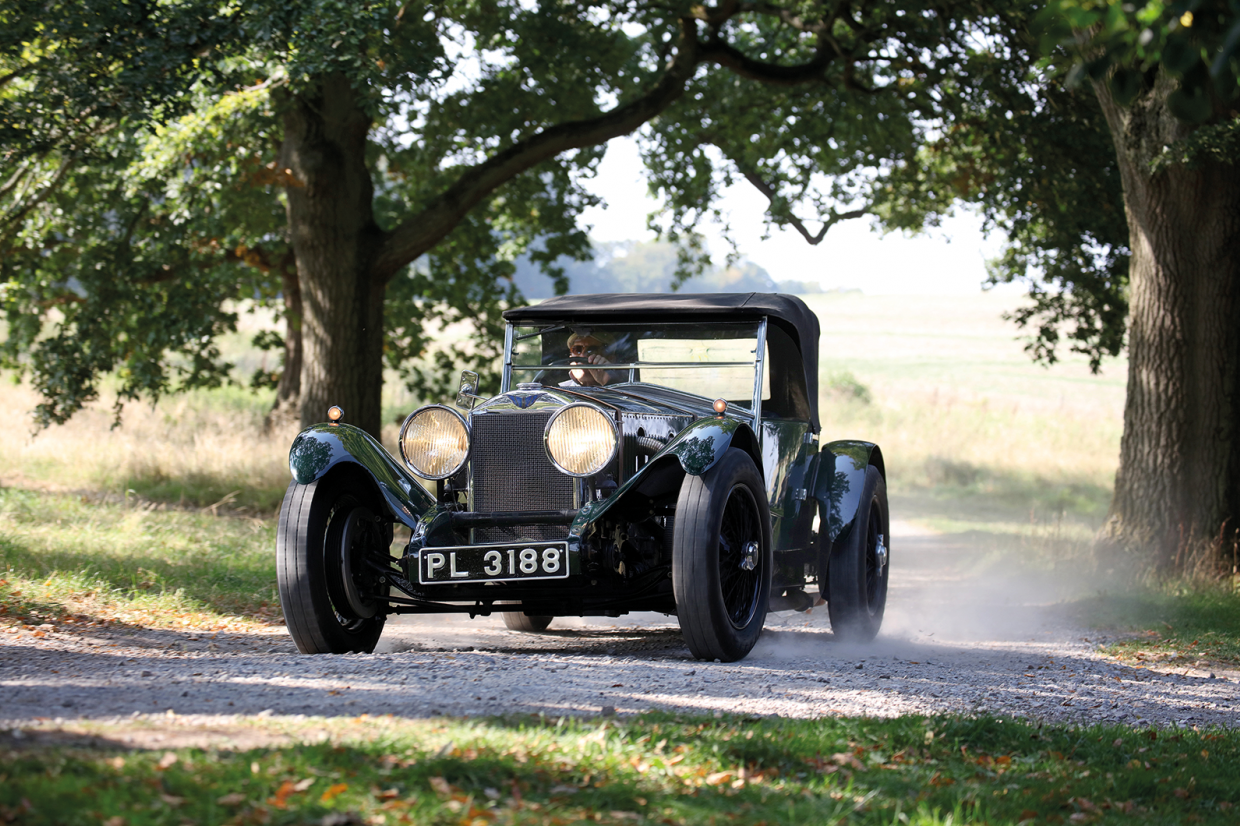
Out on the road the urgent low-down torque immediately impresses, with only third and top really required for rapid pace.
A unique feature of Healey’s Monte machine is the special central gearlever – a remote right-hand selector inside the bodywork was standard. The Cornishman preferred the sportier centre change, possibly due to an old right-arm injury from his WW1 flying accidents.
With hefty gears to take the torque of the meaty Meadows, the change feels chunky but slices through neatly with deft double-declutching up and down the ’box.
Over B-road bumps the S-type bounces around, the Hartford dampers too firm to cope with rough surfaces, but the precise steering action makes it easy to correct your course and thanks to the well-braced scuttle there’s little shake.
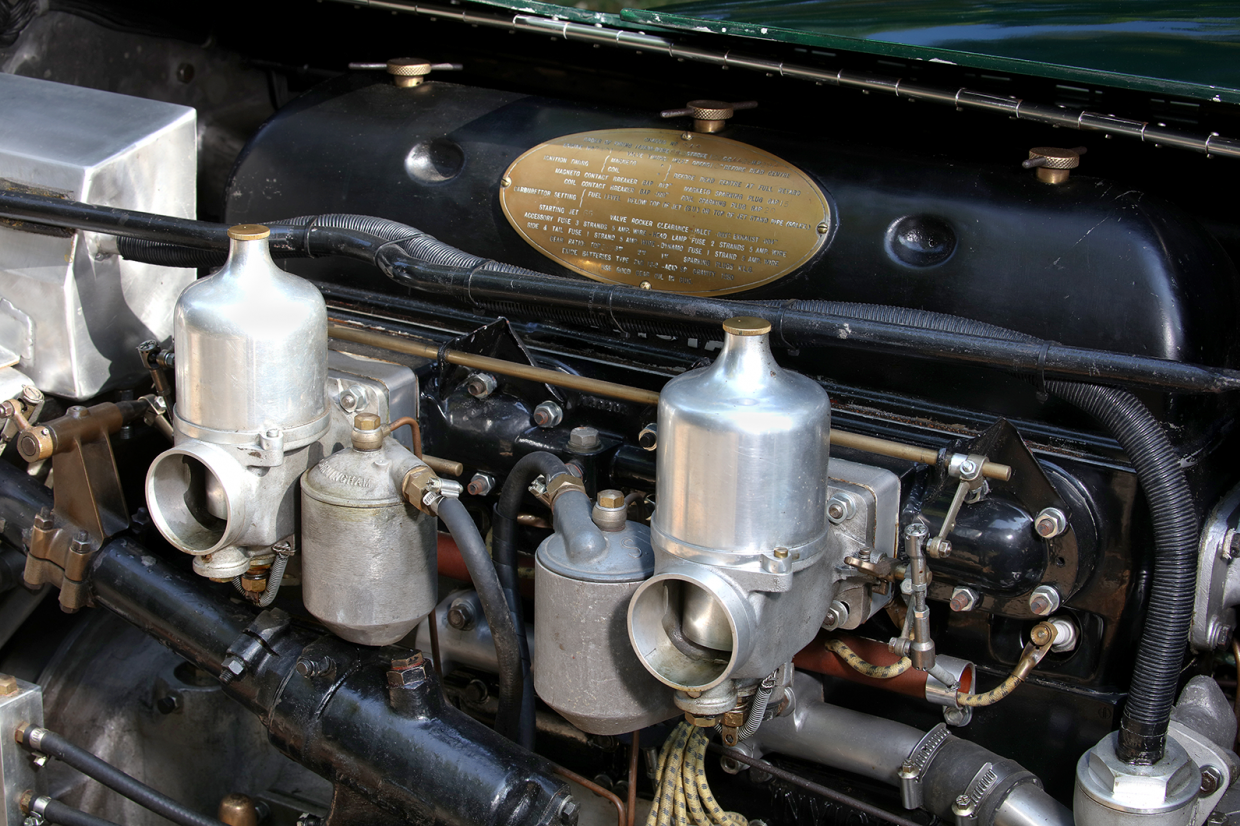
With twin-plug ignition (magneto and coil) the power is effortless, pulling this 1400kg charger in top at the legal limit, and with seating lower than most rivals it feels less vintage and faster than a Bentley Speed Six.
The tall, rod-operated drums pull up the Invicta straight and strong, the pedal giving plenty of feel.
A novel feature of the S-type was adjustable pedals with 5in travel to accommodate all heights of lucky, wealthy buyers.
Matching its impressive delivery, the 4½-litre is also marvellously tractable – as Stone has proved when borrowing it for the school run.
With sunlight glinting off the long bonnet, the burbling exhaust and the aroma of warm oil, it’s hard to imagine S48 roaring along deserted, snow-covered straights in the depths of winter.
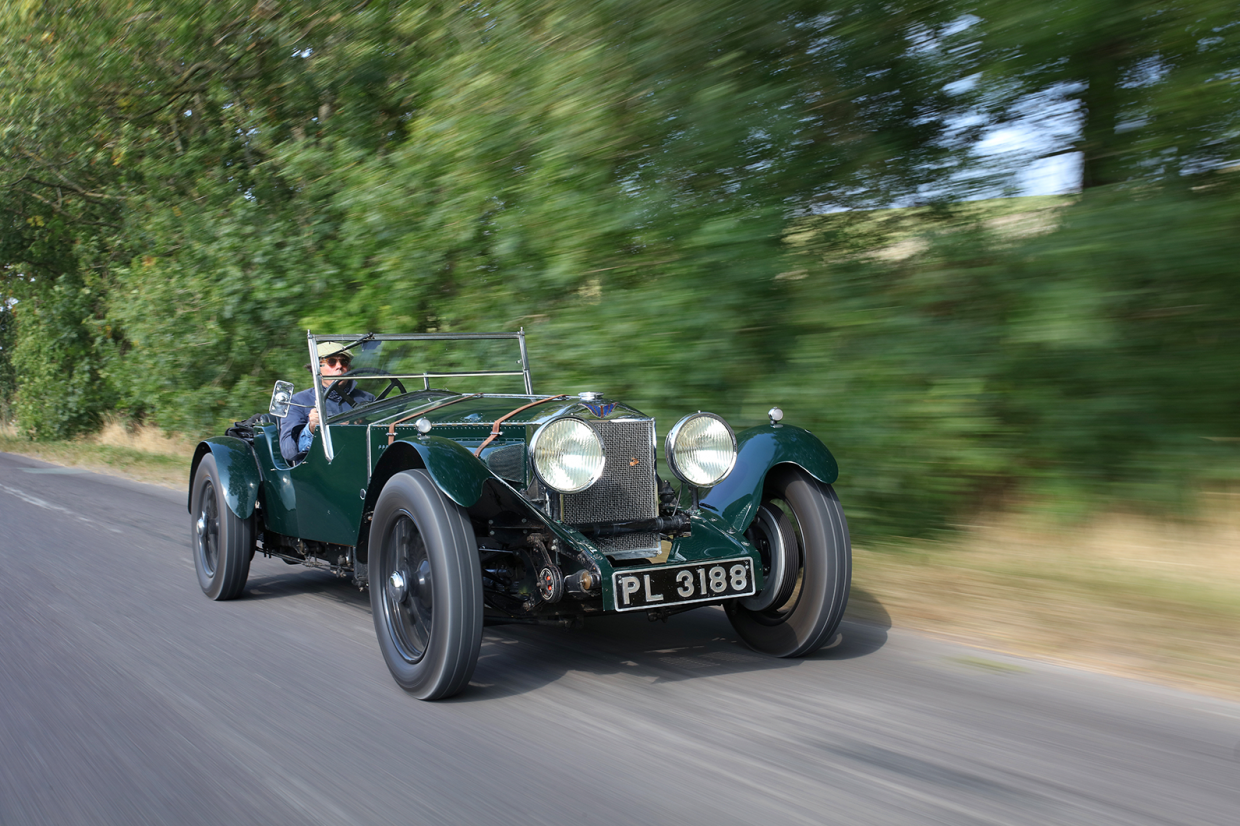
If I won the lottery, I’d restore it to the style of that Monte win with fabric body, nautical air vents, big headlights and that evocative ‘128’ rally plate between the dumb irons.
Then I’d ship it to Stavanger to mark the 90th anniversary of the Cornish legend’s achievement and retrace the victorious route to the Riviera.
Like Healey, I wouldn’t be able to resist some frozen-lake practice, but with values creeping towards £2m, this will remain firmly in my dreams.
Images: James Mann
Thanks to Will Stone
